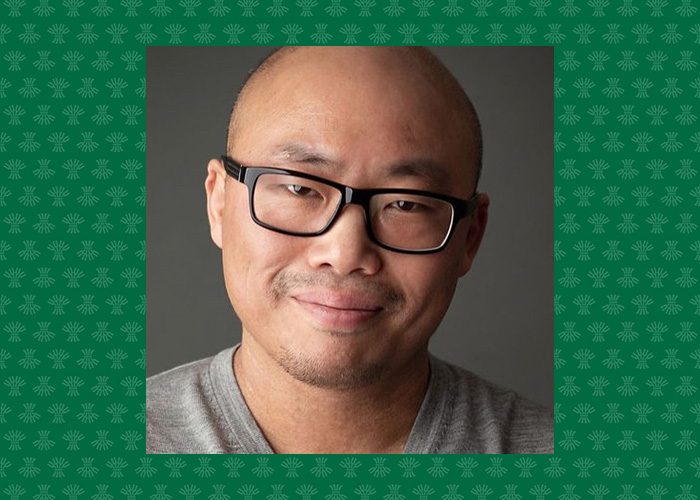
'In a war zone': Dr. Alex Wong looks back at the Covid-19 pandemic
In personal protective equipment, beard shaved under his N95 mask, Dr. Alexander Wong remembered forcing himself to hide his fear, as he treated his first Covid-19 patients.
By Researchers Under the ScopeListen to all episodes of Researchers Under the Scope podcast.
Subscribe to the podcast on Spotify or Apple Podcasts
“It kind of felt like we were staring down the bottom of a big gun barrel," said Wong, an assistant professor in the College of Medicine's Division of Infectious Diseases.
"You can't work well when you're scared," he said.
Wong spent the SARS-CoV-2 pandemic treating patients, answering questions, and briefing health teams at the Regina General Hospital.
The virus has killed 546 people in Saskatchewan.
Wong said much like HIV-AIDS and Hepatitis C, the coronavirus devastated poor, marginalized and vulnerable populations.
In this episode, Wong looks at public health, at politics, and at 'really complicated' decision-making during the pandemic, as Regina's critical-care teams fought to save severely ill patients.
When a variant-fueled third wave of infections swept Regina in March of 2021, Wong and his fellow frontline workers felt a sense of dread.
“A lot of people died. ICU was bananas. We opened double the number of beds," he said. "It kind of felt like being in a war zone."
The grief and anguish Wong witnessed during Regina's third wave remains seared in his mind.
“For many families, they’ve lost loved ones, they’ve lost family members, they’ve lost friends. And we can’t ever get those people back.”
Regina's hospitals are calmer today, thanks to a concerted vaccination push by public health officials, Wong said.
Still, he noted Saskatchewan's coronavirus case counts are not dropping as quickly as those in jurisdictions with harsher lockdowns.
“You can only expect people to go on for so long," said Wong. "Everyone is exhausted."
Although he's still feeling a bit 'weird' about potentially removing mask mandates next month, Wong said frontline and public health workers deserve respect and admiration.
“I think we’re in a place now with vaccine where there’s not necessarily an end in sight, but a new normal."
